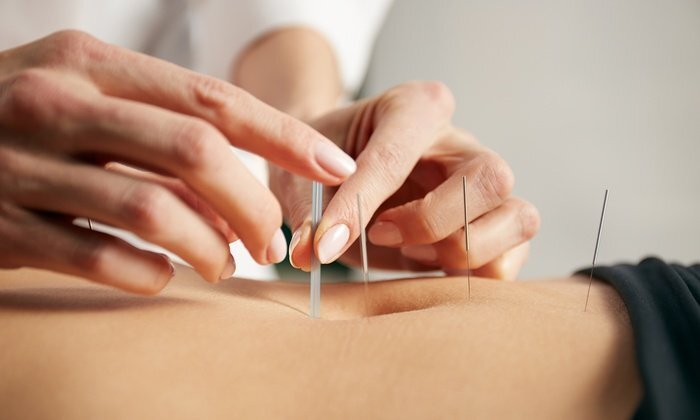ACUPUNCTURE THERAPY
Acupuncture is a time-tested healing practice that involves inserting
thin, sterile stainless steel needles into specific points on the body. These points, located along meridians (energy pathways), help promote circulation, relax muscles, improve neurological function, and provide pain relief.
Rooted in Traditional Chinese Medicine (TCM) and Contemporary Medical Acupuncture (CMA), acupuncture has been practiced for thousands of years and continues to be a trusted method for holistic healing and wellness.
Why Choose Acupuncture?
Many people prefer acupuncture over medication or surgery because it is:
✅ Non-invasive and natural
✅ Safe with minimal side effects
✅ Effective for pain relief and overall wellness
✅ Covered by most insurance providers
At Maria Cosmetic Center (MCC), we have seen firsthand how acupuncture enhances recovery, relieves pain, and improves overall health.
How Does Acupuncture Work?
While researchers are still studying its exact mechanisms, acupuncture is believed to work by:
✔️ Stimulating endorphin release, the body’s natural painkillers
✔️ Regulating the autonomic nervous system, which can impact breathing, blood pressure, and heart rate
✔️ Enhancing circulation and reducing inflammation
What Conditions Can Acupuncture Help With?
Acupuncture has been used to support the treatment of:
🔹 Pain Management – Arthritis, back pain, knee pain, migraines, and tension headaches
🔹 Mental Health – Anxiety, depression, and stress relief
🔹 Sleep Disorders – Insomnia and sleep difficulties
🔹 Digestive Health – Nausea, bloating, and sinus congestion
🔹 Reproductive Health – Infertility and hormonal balance
🔹 Skin Rejuvenation – Cosmetic acupuncture for anti-aging and improved skin elasticity
Benefits of Acupuncture
While results vary, many people report:
✨ Reduced pain and inflammation
✨ Improved sleep and relaxation
✨ Boosted energy levels
✨ Better circulation and immune function
✨ Enhanced skin appearance with cosmetic acupuncture
What to Expect During an Acupuncture Session
Your session begins with a consultation to discuss your health concerns. The acupuncturist will then insert fine needles into targeted areas and may enhance the treatment with:
✔️ Electroacupuncture – Gentle electrical stimulation for deeper effects
✔️ Moxibustion – Heated herbal therapy to stimulate acupuncture points
✔️ Cupping Therapy – Suction cups to enhance blood flow and detoxification
Most sessions last 30–60 minutes, and many patients feel a sense of deep relaxation and well-being afterward.
Is Acupuncture Painful?
You may feel a mild pinch, tingling, or warmth during treatment. The sensation varies from person to person, but acupuncture is generally well-tolerated.
Are There Any Side Effects?
Acupuncture is safe when performed by a licensed practitioner.
However, some individuals may experience mild effects like:
🔸 Slight soreness or bruising at the needle site
🔸 Temporary dizziness or fatigue
Serious complications are extremely rare when acupuncture is done by a trained professional using sterile, disposable needles.
Ready to Experience the Benefits of Acupuncture?
Book your consultation today and take the first step toward natural healing and wellness.
👉 Follow us on Instagram for health tips & updates: @healing_points_therapy

